Deity of the Circle Performance
 Deity of the Circle is an installation and performance for three voices, clarinet, and electronics co-created by Armond Dorsey, Bonita Oliver, and Eli Berman.
Deity of the Circle is an installation and performance for three voices, clarinet, and electronics co-created by Armond Dorsey, Bonita Oliver, and Eli Berman.
Worship practices from African and Jewish diasporas inform the design of unique visual and musical storytelling objects made of metal, wood, fabric, microphones, speakers, and electrical circuits. A composite sound sculpture made of PVC and EMT pipes serves as an installation piece for the exhibit. In April 2025, the artists will assemble this composite sculpture live during a 40-minute performance. They will attach handheld and wearable components of the sculpture to its base, placed at the center of the gallery, before playing the sculpture as a communal instrument. According to the trio, “Through our exhibition and performance, we hybridize new worship rituals for collectively grieving our historical traumas while illuminating the multidimensionality and timelessness of our human desire to connect with the past and future through cyclical time.”

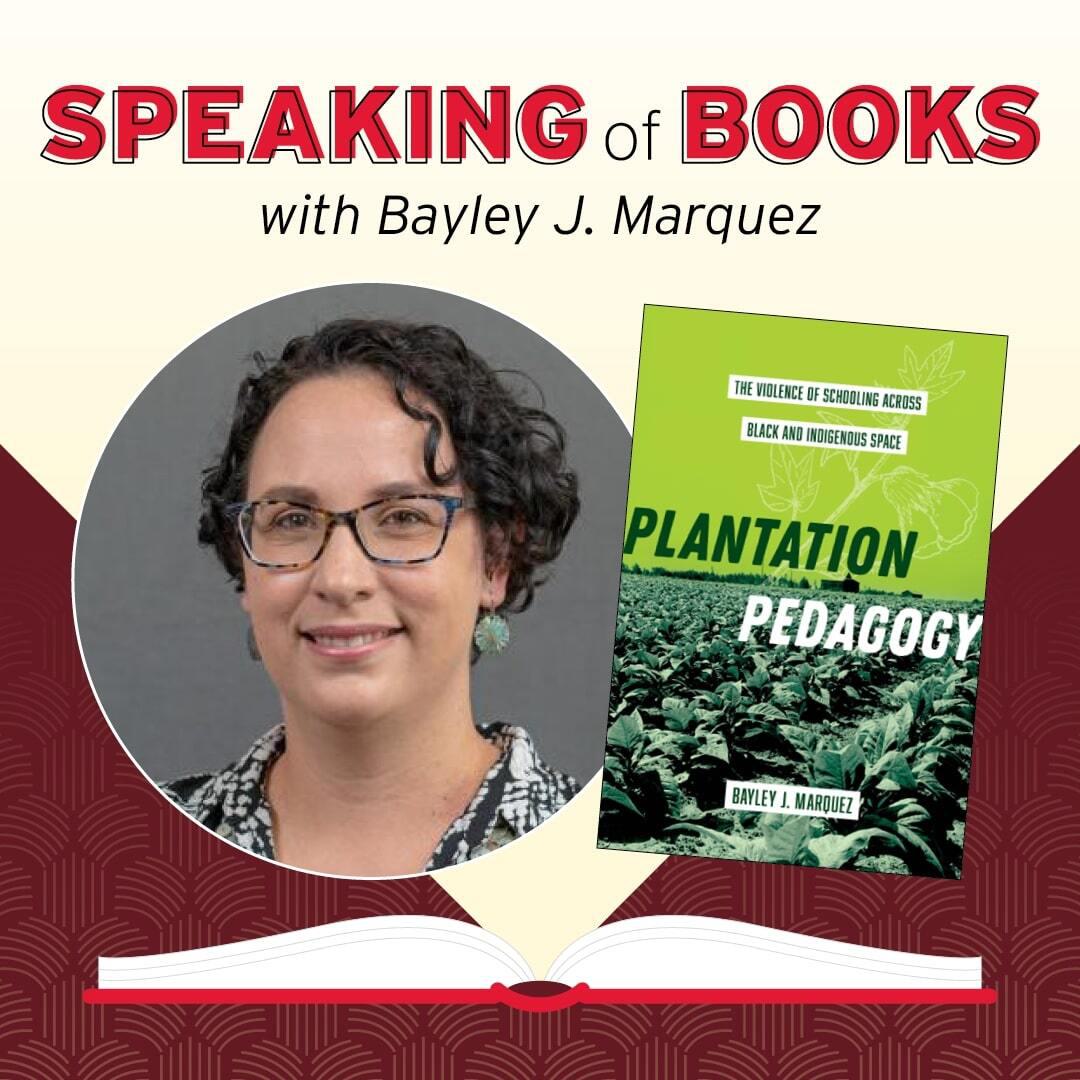 Throughout the nineteenth and twentieth centuries, teachers, administrators, and policymakers fashioned a system of industrial education that attempted to transform Black and Indigenous peoples and land. This form of teaching—what Bayley J. Marquez names plantation pedagogy—was built on the claim that slavery and land dispossession are fundamentally educational. Plantation pedagogy and the formal institutions that encompassed it were thus integrally tied to enslavement, settlement, and their inherent violence toward land and people. Marquez investigates how proponents developed industrial education domestically and then spread the model abroad as part of US imperialism. A deeply thoughtful and arresting work, Plantation Pedagogy sits where Black and Native studies meet in order to understand our interconnected histories and theorize our collective futures.
Throughout the nineteenth and twentieth centuries, teachers, administrators, and policymakers fashioned a system of industrial education that attempted to transform Black and Indigenous peoples and land. This form of teaching—what Bayley J. Marquez names plantation pedagogy—was built on the claim that slavery and land dispossession are fundamentally educational. Plantation pedagogy and the formal institutions that encompassed it were thus integrally tied to enslavement, settlement, and their inherent violence toward land and people. Marquez investigates how proponents developed industrial education domestically and then spread the model abroad as part of US imperialism. A deeply thoughtful and arresting work, Plantation Pedagogy sits where Black and Native studies meet in order to understand our interconnected histories and theorize our collective futures.
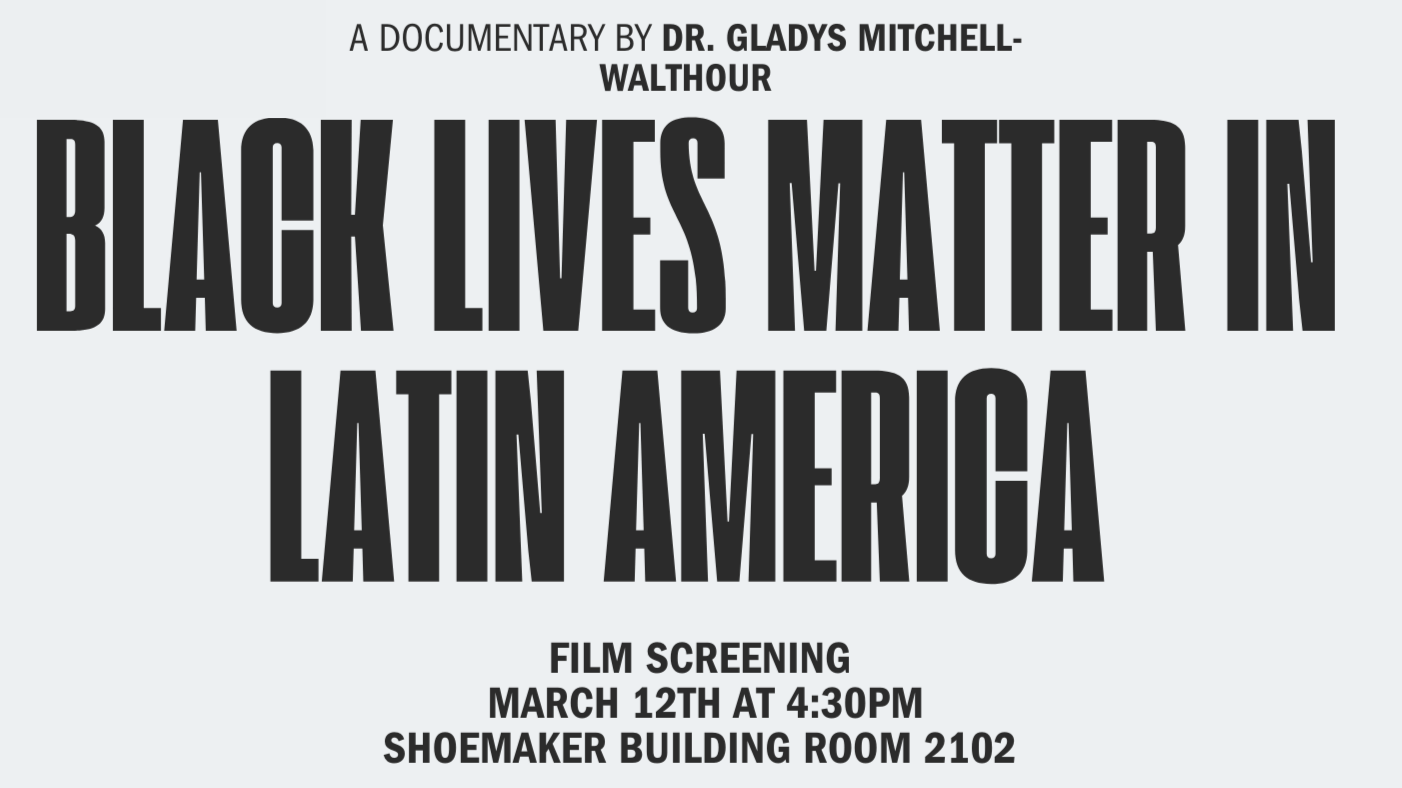

 March 5 & 6, 2025 • 8PM
March 5 & 6, 2025 • 8PM


 Tuesday, February 25, 2025 11:00 am - 7:30 pm
Tuesday, February 25, 2025 11:00 am - 7:30 pm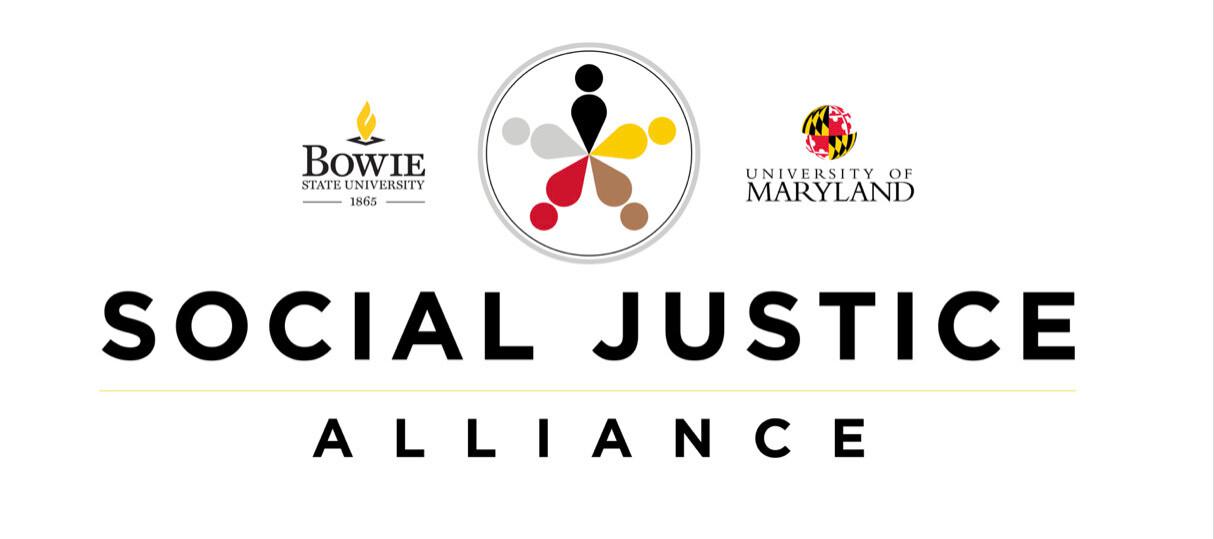 Join the BSU-UMD Social Justice Alliance for a powerful and thought-provoking discussion on the lynching of Emmett Till and the modern-day murder of Lt. Richard W. Collins III with The Barn author Wright Thompson and mother of Lt. Collins, Dawn Collins. Moderated by Sociology Professor Rashawn Ray, this conversation will discuss how echoes of our country’s lynching past create shadows of racial violence in the present. We hope this dialogue will elicit a reckoning that contributes to healing and the pursuit of social justice.
Join the BSU-UMD Social Justice Alliance for a powerful and thought-provoking discussion on the lynching of Emmett Till and the modern-day murder of Lt. Richard W. Collins III with The Barn author Wright Thompson and mother of Lt. Collins, Dawn Collins. Moderated by Sociology Professor Rashawn Ray, this conversation will discuss how echoes of our country’s lynching past create shadows of racial violence in the present. We hope this dialogue will elicit a reckoning that contributes to healing and the pursuit of social justice. On February 21st, 2025, The 1856 Project will hold its second Annual Research Update, during which the project's second research report will be discussed. The 1856 Project investigates the University of Maryland’s connection to the regional context of slavery. It is the local chapter of Universities Studying Slavery (USS), a multi-institutional and international consortium of colleges and universities encouraging their institutions to think about their connections to slavery and the slave trade while addressing historical and contemporary issues surrounding race and inequality in higher education. The second annual presentation of findings will provide a research update based on historical information uncovered in 2024 by The 1856 Project members, a BSOS Summer Research Initiatives participant, a Fall 2024 semester Graduate Assistant, and community historians.
On February 21st, 2025, The 1856 Project will hold its second Annual Research Update, during which the project's second research report will be discussed. The 1856 Project investigates the University of Maryland’s connection to the regional context of slavery. It is the local chapter of Universities Studying Slavery (USS), a multi-institutional and international consortium of colleges and universities encouraging their institutions to think about their connections to slavery and the slave trade while addressing historical and contemporary issues surrounding race and inequality in higher education. The second annual presentation of findings will provide a research update based on historical information uncovered in 2024 by The 1856 Project members, a BSOS Summer Research Initiatives participant, a Fall 2024 semester Graduate Assistant, and community historians.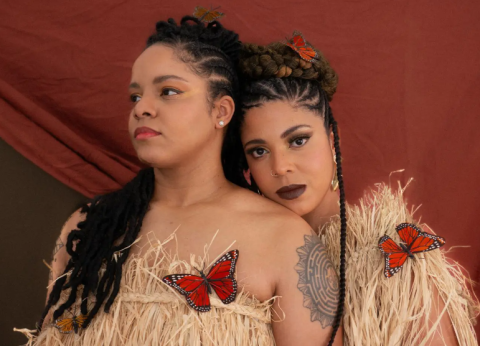
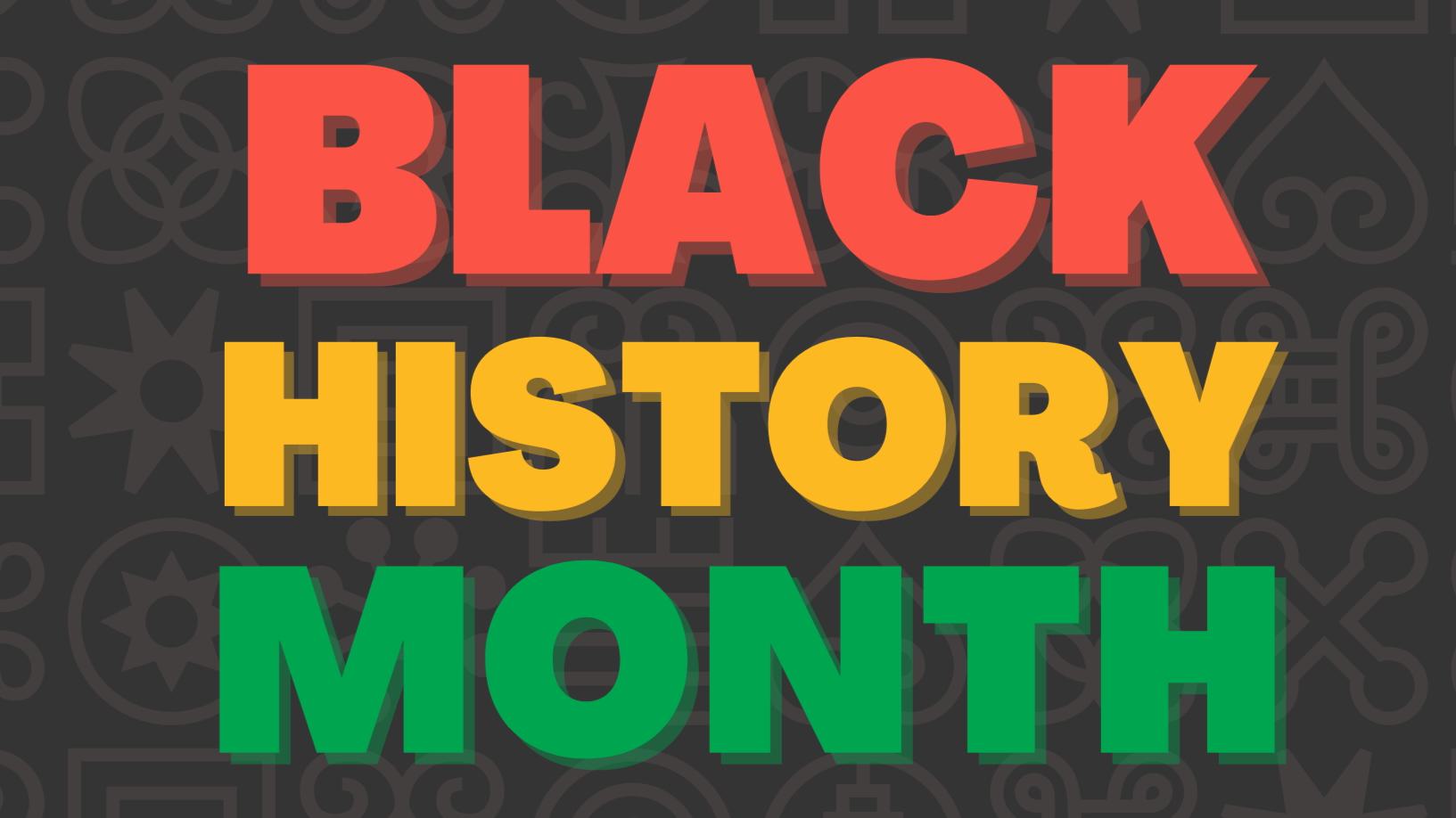
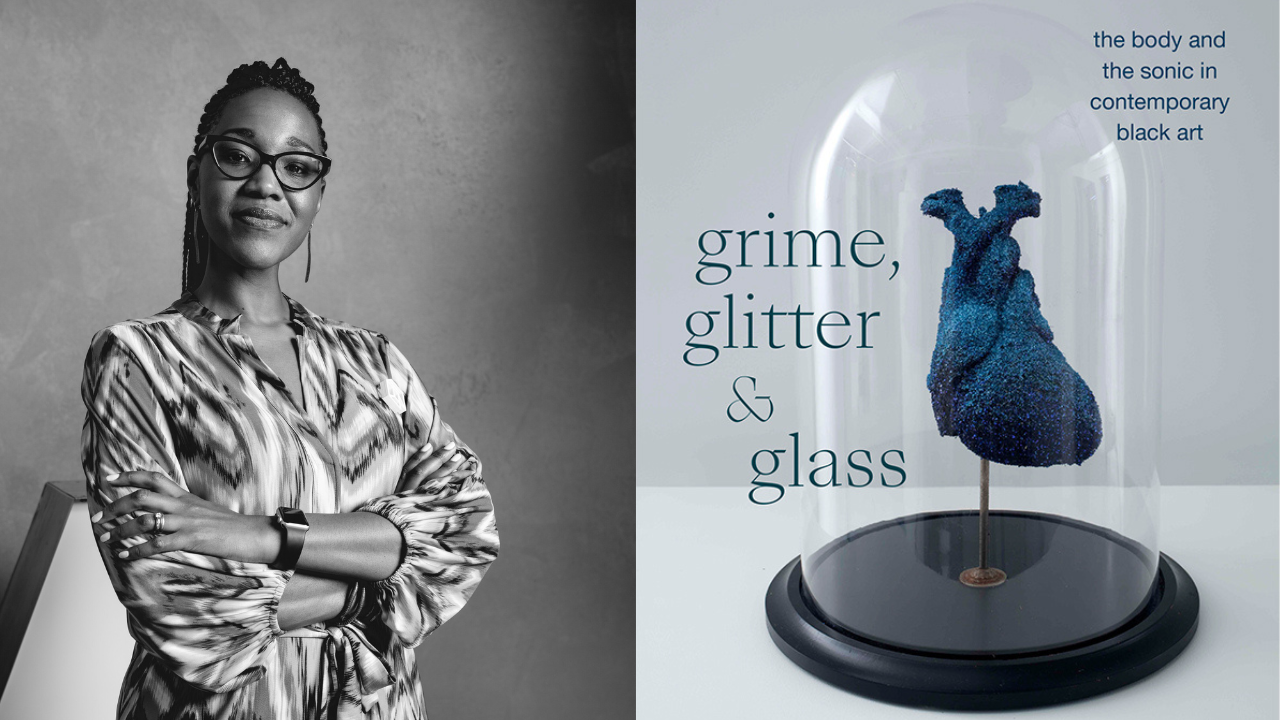

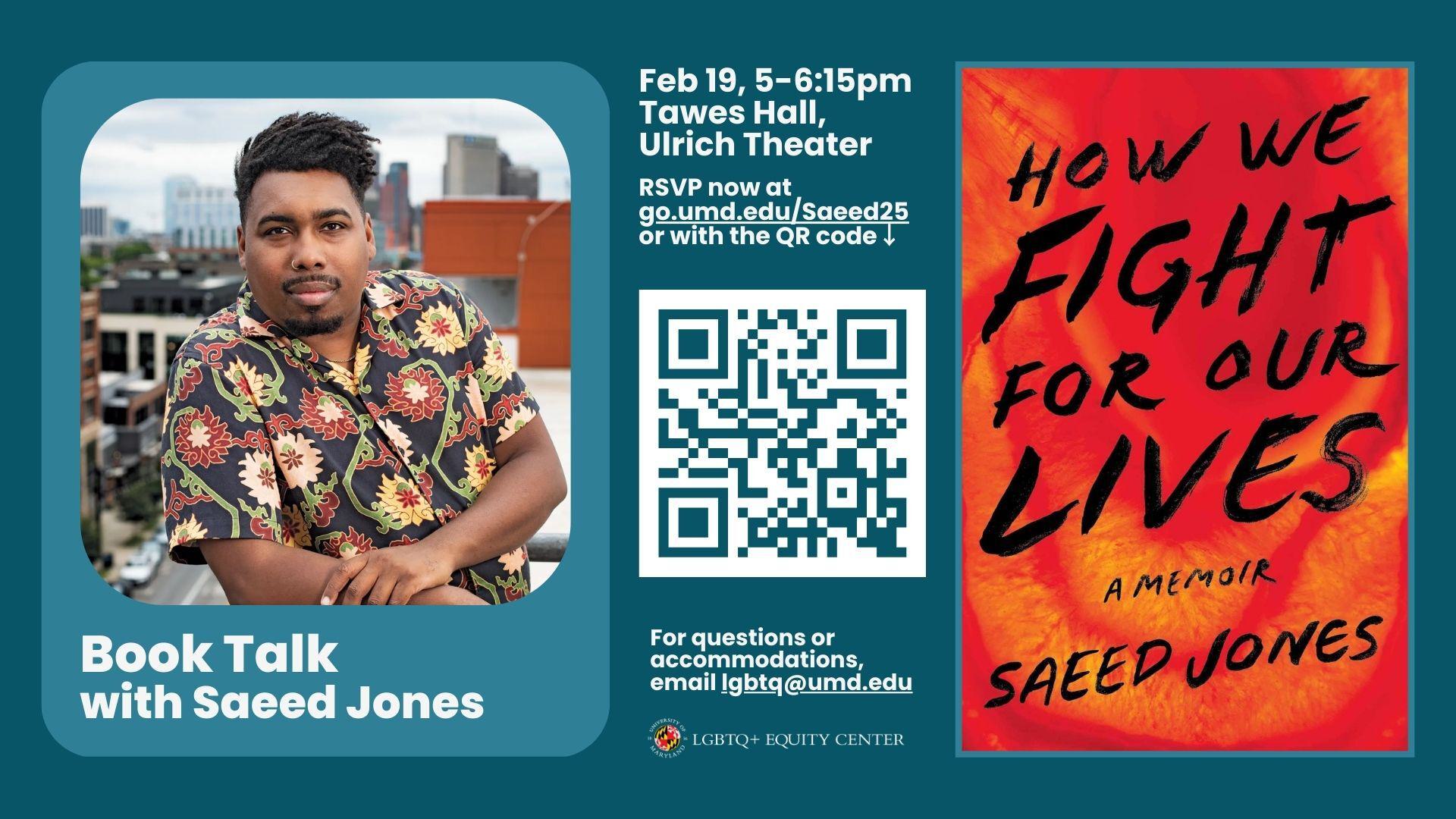 This BlaQ History Month, join the LGBTQ+ Equity Center for a book talk with Saeed Jones on Wednesday, February 19th, from 5:00-6:15pm in the Ulrich Theater in Tawes Hall. Jones is a black queer author whose award winning novel, How We Fight for Our Lives, is a coming of age story that centers a young black man who navigates growing up in the Southern United States.
This BlaQ History Month, join the LGBTQ+ Equity Center for a book talk with Saeed Jones on Wednesday, February 19th, from 5:00-6:15pm in the Ulrich Theater in Tawes Hall. Jones is a black queer author whose award winning novel, How We Fight for Our Lives, is a coming of age story that centers a young black man who navigates growing up in the Southern United States.